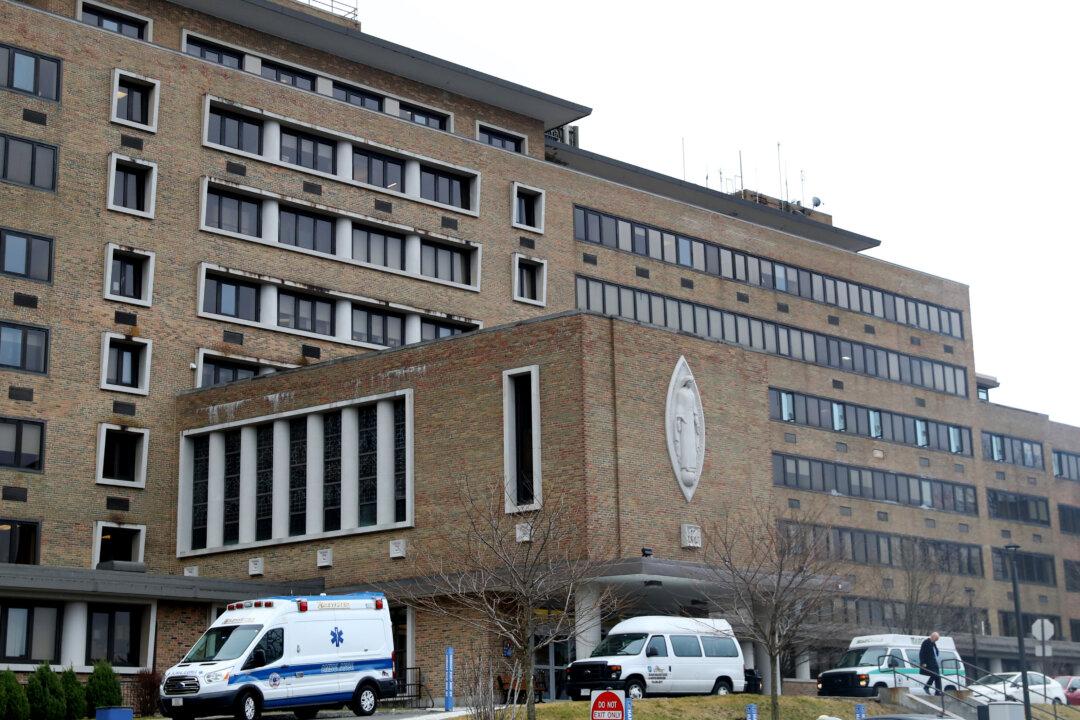The largest physician-led hospital operator in the United States has filed for bankruptcy and is now negotiating a deal to restructure its business.
Steward Health Care submitted the filing submitted to the U.S. Bankruptcy Court for the Southern District of Texas on May 6, according to a press release. The firm is currently negotiating a debtor-in-possession (DIP) financing arrangement from Medical Properties Trust. DIP financing, available to firms that have filed Chapter 11 bankruptcy, allows companies to raise capital to fund operations while the bankruptcy process progresses. Lenders who provide DIP financing get priority over existing debt holders, equity holders, and other claims.





